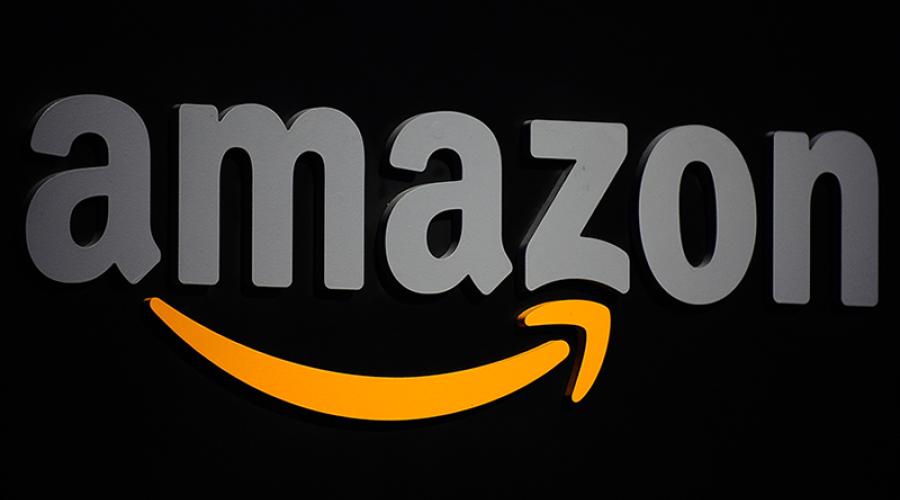
“No” vote for Unionizing Second Amazon Warehouse in NYC Seen as Setback that Won’t Diminish Worker Momentum
A month after the historic union victory by Amazon workers on Staten Island, a second warehouse unionizing drive there failed Monday by a 618-380 margin.
Through numerous news outlets, ILR experts are providing context on what the setback means for the reinvigorated labor movement.
Patricia Campos-Medina, executive director of the Worker Institute, said that the April 1 surprise organizing victory by Amazon workers changed the U.S. labor-management dynamic.
“They’ve already inspired a lot of other workers to demand more for corporate America.” … it has inspired a lot of workers to say, ‘Yes, I can take my employer, I can demand more from my employer,’” she said in this Fortune story.
“The victory of an independent labor union against the most resourced corporation was something nobody thought could happen,” Campos-Medina said. “But it happened, and it has inspired a lot of workers to say, ‘Yes, I can take my employer, I can demand more from my employer.’”
Professor Ariel Avgar told Marketplace that Monday’s failed organizing drive reflects the obstacles organizers face.
“This loss tells us something that we in many ways already knew that companies hold a unique and substantial advantage in the union organizing process in the U.S. and it's going to likely take multiple efforts to organize facilities in Amazon or the organizing process in other companies,” he said.
Kate Bronfenbrenner, director of ILR Labor Education Research, wrote in Jacobin that while successful organizing at some Amazon and Starbucks locations could be met with shutdowns of those sites or refusals to negotiate by the corporations.
“However, it now seems equally likely that the companies would face consumers and government regulators less tolerant of such obstructive and illegal behavior — and workers no longer afraid to take them on,” she said.
Harry Katz, the Jack Sheinkman Professor of Collective Bargaining and director of ILR’s Scheinman Institute, said in a Yahoo!Finance story that media relations is an important tool for the Amazon Labor Union in building public support.
“Companies like Amazon and Starbucks are especially susceptible to public relations … because they’re consumer-oriented," Katz said. "They’re not producing nuts-and-bolts no one sees, their image matters, how the public views them matters, and the union can use that as leverage.”
More media comments by ILR experts can be seen here.
Additional news stories related to ILR expertise around recent labor actions can be found here:
What Happened at the Amazon Warehouse on Long Island?
Opportunity to Expand the Pie: Katz Op-Ed
ILR Research Informs Multiple Audiences
Labor Tracker Serves as Resource

